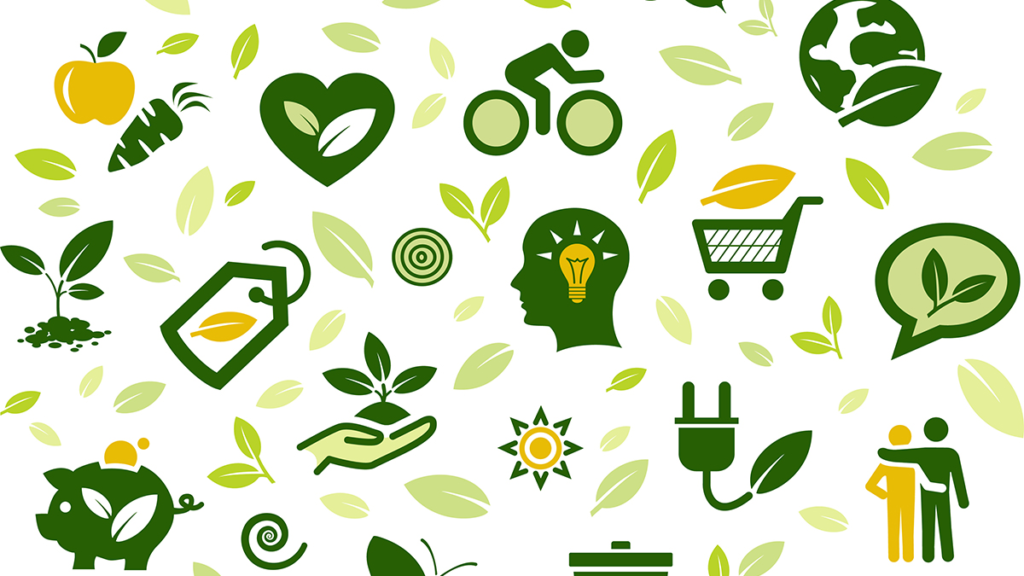Retailasiaonline.com: Education and Sustainable Development: Empowering the Present, Safeguarding the Future

In a rapidly changing world where environmental, social, and economic challenges loom large, the need for sustainable development has become paramount. At the heart of this transformative process lies education, a powerful tool that can equip individuals with the knowledge, skills, and values necessary to build a sustainable future for all. Education and sustainable development by hacotab.edu.vn are intertwined, forming a symbiotic relationship that empowers the present generation and safeguards the future of our planet.
Retailasiaonline.com Sustainable development, as defined by the United Nations, is the development that meets the needs of the present without compromising the ability of future generations to meet their own needs. It encompasses environmental stewardship, social inclusivity, and economic prosperity. Education, on the other hand, is not just about acquiring academic knowledge but also about fostering critical thinking, creativity, and a sense of responsibility towards oneself, others, and the environment. When education embraces the principles of sustainable development, it becomes a catalyst for positive change and a driving force in shaping a sustainable society.
At its core, education plays a crucial role in raising awareness about the pressing challenges our world faces today. It provides a platform for understanding complex environmental issues such as climate change, resource depletion, pollution, and biodiversity loss. By imparting scientific knowledge, education enables individuals to comprehend the causes and consequences of these challenges, helping them develop a sense of urgency and responsibility to act.
Moreover, education equips individuals with the skills necessary to address sustainability issues effectively. It promotes critical thinking, problem-solving, and innovation—skills vital for developing sustainable solutions. Through hands-on experiences, such as project-based learning and field trips, students can engage with real-world sustainability problems, fostering their ability to analyze, evaluate, and propose sustainable alternatives. By nurturing these skills, education prepares individuals to become active participants in shaping a sustainable society.
Alc2.com.vn education also cultivates values and attitudes that underpin sustainable development. It fosters empathy, respect, and a sense of interdependence, encouraging individuals to recognize the interconnectedness between social, economic, and environmental systems. By instilling values such as equity, social justice, and responsible consumption, education promotes ethical decision-making and encourages individuals to embrace sustainable lifestyles. When sustainability becomes an integral part of an individual’s values, it permeates their choices and actions, leading to a more sustainable society as a whole.
Furthermore, education acts as a driver for transformative change in communities and societies. By empowering individuals with knowledge and skills, it enables them to engage in sustainable practices and advocate for sustainable policies. Education empowers people to become agents of change, whether it is through sustainable entrepreneurship, environmental activism, or policy advocacy. When equipped with the tools and knowledge to address sustainability challenges, individuals can drive societal transformations, creating more inclusive, resilient, and sustainable communities.
However, to harness the full potential of education for sustainable development, it is essential to ensure equitable access to quality education for all. Education should not be a privilege reserved for a few but a fundamental right accessible to every individual, regardless of their gender, socioeconomic background, or geographic location.